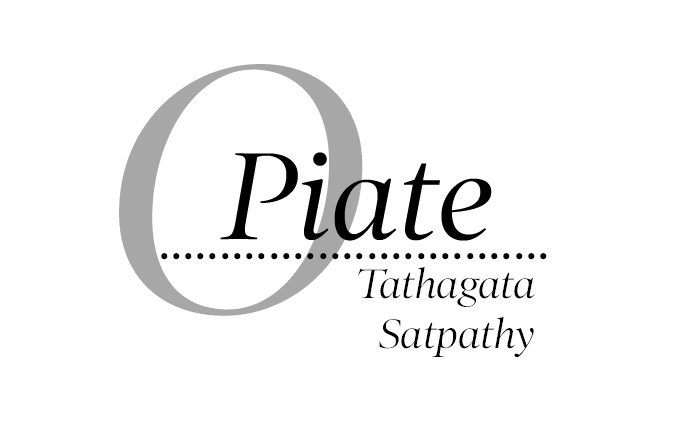The tiff between India and Canada seems to be swinging out of control. It all started some years ago when Canadian PM Justin Trudeau was facing elections. Undoubtedly, the Sikh community in Canada, a sparsely populated country, is not only large in number but also rich and powerful. Sikhs living in Canada are estimated to be 7,70,000 strong, which equals 2 per cent of Canada’s population. Apart from Sikhs, there is also a huge community of Indians from different parts of India in Canada. There were few Sikhs in the first Trudeau Cabinet and one of them held the Ministry of Defence for a considerable period. Like in most democracies, all leaders are susceptible to strong vote banks. Trudeau in Canada is no exception. Some of the Sikh residents in Canada are known sympathizers of the Khalistan brand of politics. This is not new information. The bombing of Air India’s Kanishka Boeing 747 on 23 June 1985 was one very big tragedy that showcased the negativity of Sikhs based in Canada. Investigations had discovered that the bomber in that aircraft was a Canadian Sikh. For many in India, this was probably the very first sign of the attitude of some Sikhs in Canada.
As a current day politician, Justin Trudeau’s attitude towards the Sikhs in his country is akin to the BJP’s support towards gau rakshaks. When some Indians scream that Justin Trudeau is a joker, they forget that the world may consider our politicians supporting cows and those who in the name of cows kill humans as equally big jokers as also highly dangerous.
Another phase of souring of relations between India and Canada could have been Trudeau’s stand during the farmers’ protest in India. No doubt that farmers’ protest was an event that brought down the image of the current Indian political leadership and made it look helpless. Trudeau had openly expressed his support for the Indian farmers during the protests which ruffled feathers in New Delhi.
The tense situation existing now between the two countries is directly related to the killing of pro-Khalistan Sikh leader Hardeep Singh Nijjar earlier this year on 18 June at a Sikh cultural centre in Surrey, British Columbia. Trudeau claims that his Intelligence machinery has informed him that the Indian government had a hand in the killing of Nijjar. The Indian Ministry of External Affairs, while labeling this accusation as ‘absurd’ has also admitted that Trudeau had brought this subject up in his discussions with PM Modi at the G20 event at New Delhi recently. The escalation of this crisis has now reached a stage where Canadian Foreign Minister Melanie Joly has informed Parliament that the head of Indian Intelligence in Canada has been expelled as a consequence. Now India as a retaliatory move has expelled a senior Canadian diplomat based in New Delhi.
The dark shadows of these events have now been cast on India Canada trade relations. That apart, the non-Khalistan supporting Indian community and students in Canada may also face repercussions that would be difficult for the Indian government to counterbalance. A dispassionate observation of the current situation might indicate more of personality clashes at the highest level in both countries rather than any ideological or great security threat issues in either country.
The Indian government has to beware of sinister acts that could follow in the form of careless social media attacks that might ensue against the Sikh community in India. The preview of such a situation was seen during the farmers’ protest. While the farm laws were equally damaging for all farmers across the country, it was only the brave Sikhs who withstood the water cannons and police brutalities. That situation should not be allowed to recur which could create hatred and disharmony towards the Sikh community within India.
